ICT for Health and Wellbeing
Optimisationof vehiclecontrolsystem
We created new methods for optimisation of vehicle driving and control. The methods based on using of modern smart technology The implementation of this methods provides:
- Optimisation of energy using in vehicles;
- Distance visualisation of parameters to the mobile gadgets iPhone, iPad, etc.;
- Using of computer cloud technologies for collection of statistical data, visualisation and control;
- Consideration of driver operation characteristics and driving control of vehicles by the different driving performance;
- Using of fuzzy mathematics for optimisation and speed up of decisions (decision support system‐DSS).
Additional we can provide by the development more options according customer requests. Example is health control of drivers.
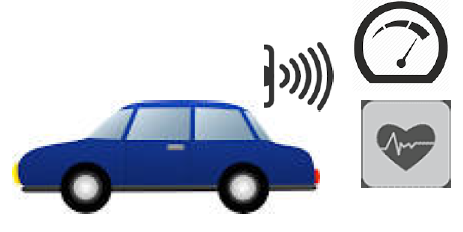
The new methodology for optimisation of vehicle driving and control includes the best system of online e‐Health supervising. The methods based on using of modern smart technology The implementation of this methods provides:
- Mountedon car dashboardthe video camera to supervise the driver’s face mimeincluding the eye’s pupil motions;
- Integrated in bracelet sensors to supervise many of human health parameters;
- Integrated in jewelries e‐health sensors for control many of human body parameters;
- By means of bio‐sensors connected to computer to diagnose stress induced diseases in cardio vascular systems of the driver.
| The individual approach to each human can give the unique possibility of car manner driving control. The supervising the real time cardio human parameters gets fine e‐health tuning of the smart car control system. |  |
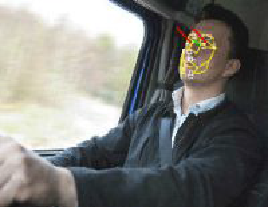 |
 |
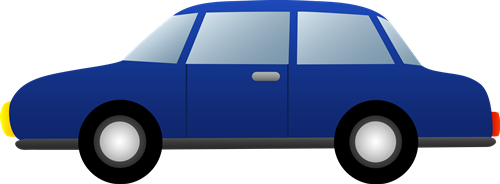 |
Human body thermoregulation/ heat & moisture transfer in clothes
Computational fluid dynamics heat and mass transfer (FD/H&MT)
Developing in‐house software ‘Human body thermoregulation’ (Solver based on Fiala’smodel, GUI for pre‐and post‐processing, material properties database)
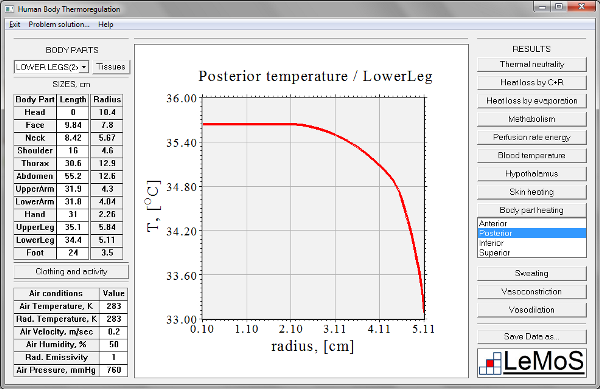 |
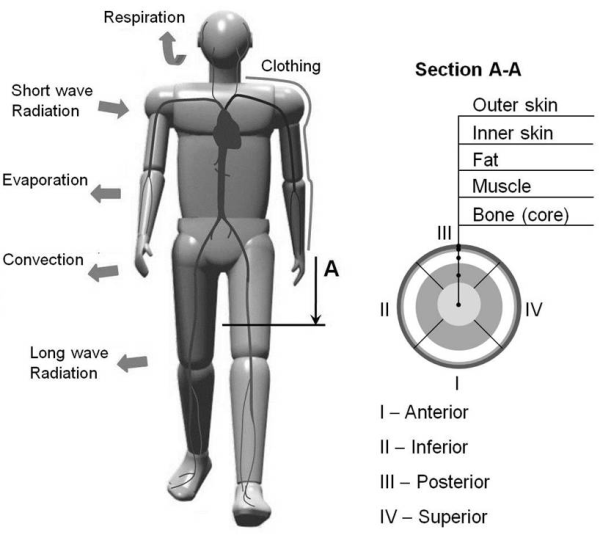 |
TOPIC : Personalised computer models and in-silico systems for well-being
Specific Challenge:
There is continuous progress in systems medicine, multi-scale modelling and patient-specific modelling aspects. But these opportunities have been inconstantly explored for the entire chain of health and disease. Thus, there are very few in well-being, prevention or rehabilitation while these areas are crucial for reducing healthcare needs, building sustainable healthcare and for assuring a healthy and motivated workforce. More, innovative methods are needed for better understanding and analysing brain, neurobiological and the gut-brain axis and the stress-related disorders or whole body data (e.g. where the development of multiscale and high spatiotemporal resolution imaging methods are critical) and their interactions with social, environmental, lifestyle, occupational, economic etc. factors that promote well-being and health. Well-being is a consequence of resilience to challenges and illness and of better prevention adapted to predispositions and behaviours (including gender), of better consideration given to the functional troubles, of better recovery and rehabilitation after illness.
TOPIC : Accelerating market introduction of ICT solutions for Health, Well-Being and Ageing Well
Specific Challenge:
The challenge is to help overcome the current gaps in exploitation of promising research results in ICT for Health, Well-being and Ageing well and to stimulate increased availability and market uptake of relevant ICT products and services This concerns both interoperable and secure eHealth[1] solutions for consumers and institutional healthcare delivery building on standards and new ICT solutions and innovation ecosystems for ageing well building on open software platforms[2], in order to deliver new and more efficient care to European citizens and respond to new market opportunities for SMEs. Particular attention should be given to potential for disruptive innovation and fast market up-take in ICT for health, wellbeing and ageing well. In particular it will be interesting for SMEs and young companies that are looking for swift support to their innovative ideas.



